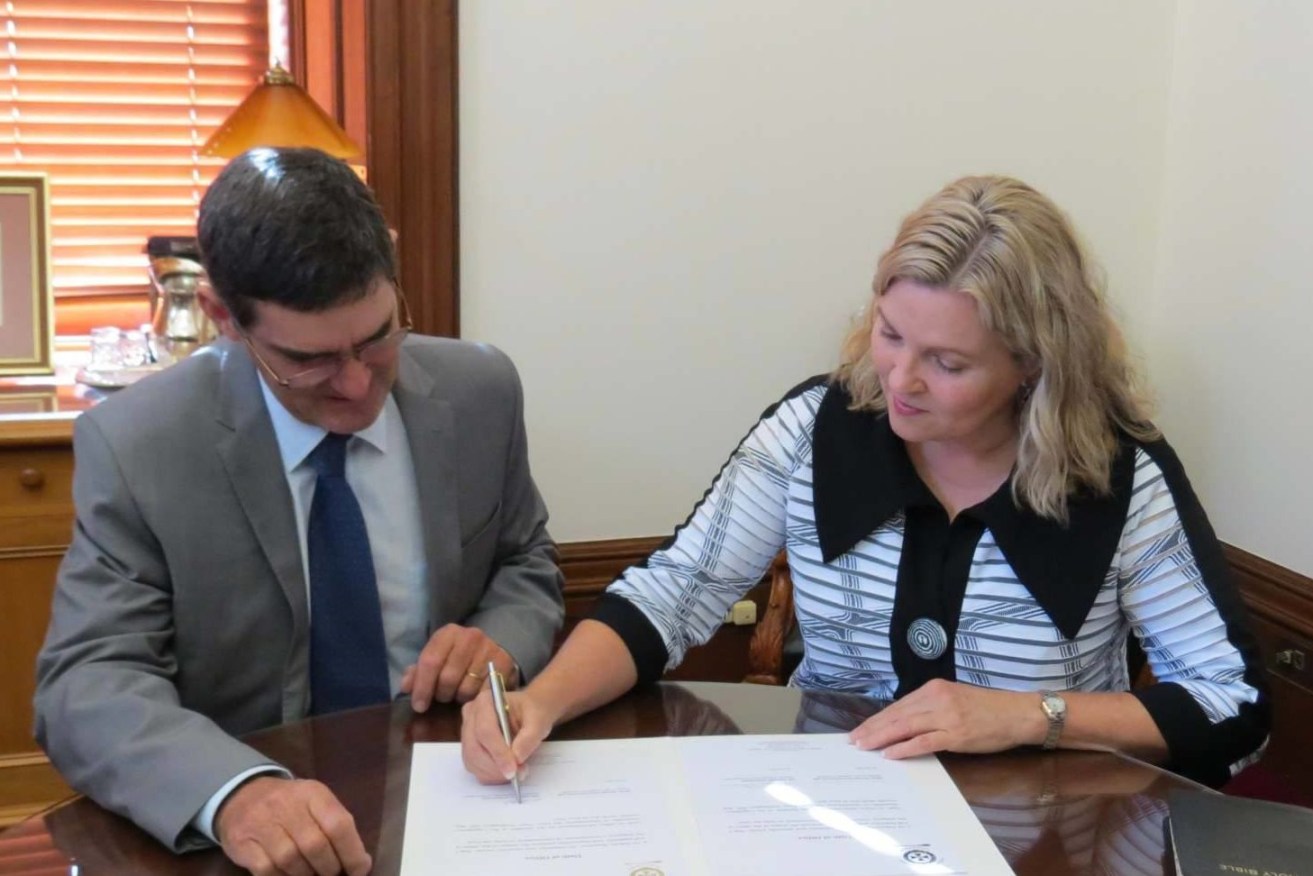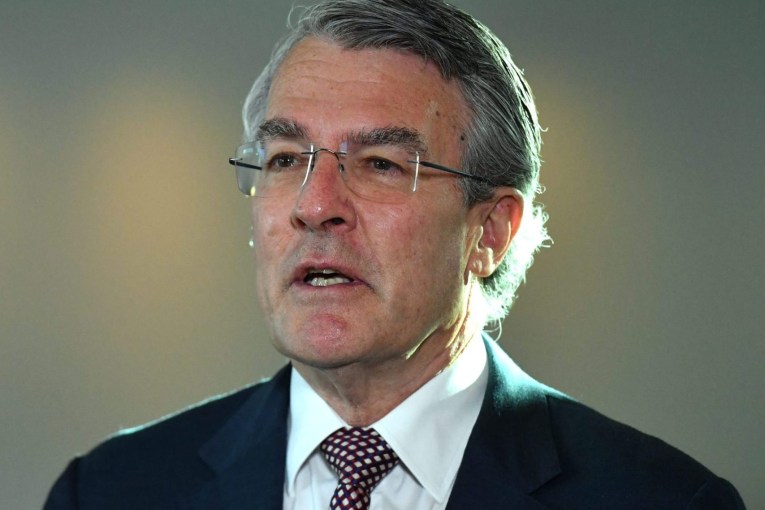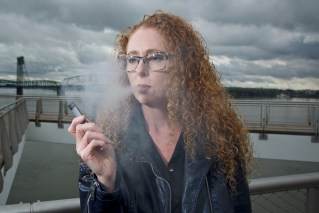Integrity, conflicts are key concerns for new councillors
Mayors and councillors were seeking advice from the state’s Integrity Commissioner in the lead-up to the local government elections, often regarding potential conflicts of interest that could see them excluded from meetings.

Nikola Stepanov became Integrity Commissioner in 2017. (Supplied)
The Commissioner, Dr Nikola Stepanov, has reported on her work over the last six months of 2019 and discussed it with a committee during a recent closed-door hearing.
According to her report, 35 per cent of the 161 requests for advice came from mayors or councillors – the largest of any group under the Commissioner’s jurisdictions.
Stepanov told the committee that potential conflicts of interest remained a major part of her work, and there had been some confusion in local government about the best way to manage such issues.
“Under the Local Government Act, the process for mayors and councillors to follow is: if they have a material personal interest, they should disclose it and then leave the meeting,” Stepanov said.
“They are not entitled to further take part. However, for an interest that might give rise to a conflict the process is that they would declare the personal interest, and then it is for the other councillors—after receiving enough information—to make a decision about whether it is an actual or a perceived conflict of interest and then what ought to happen.”
The Government, Crime and Corruption Commission and Office of the Independent Assessor have been working to clarifying the issue, including in legislation, and emphasise that it is possible to manage some conflicts.
“We have a bill currently waiting which will see the conflict of interest section change to be very prescriptive in terms of the things that we are seeing, certainly around property; for example, if a councillor owns a property that might be affected by a decision,” Stepanov said.
“A lot of councillors are small business owners as well. Certainly, most councillors do not receive a full-time salary from being a councillor, so they still have their usual work and then their work part-time as a councillor. Particularly in those rural areas we would have sole traders, small businesses who would still be seeking to tender for council business, and essentially they were the only locals able to do that, so we were involved in quite a lot of those issues.”












